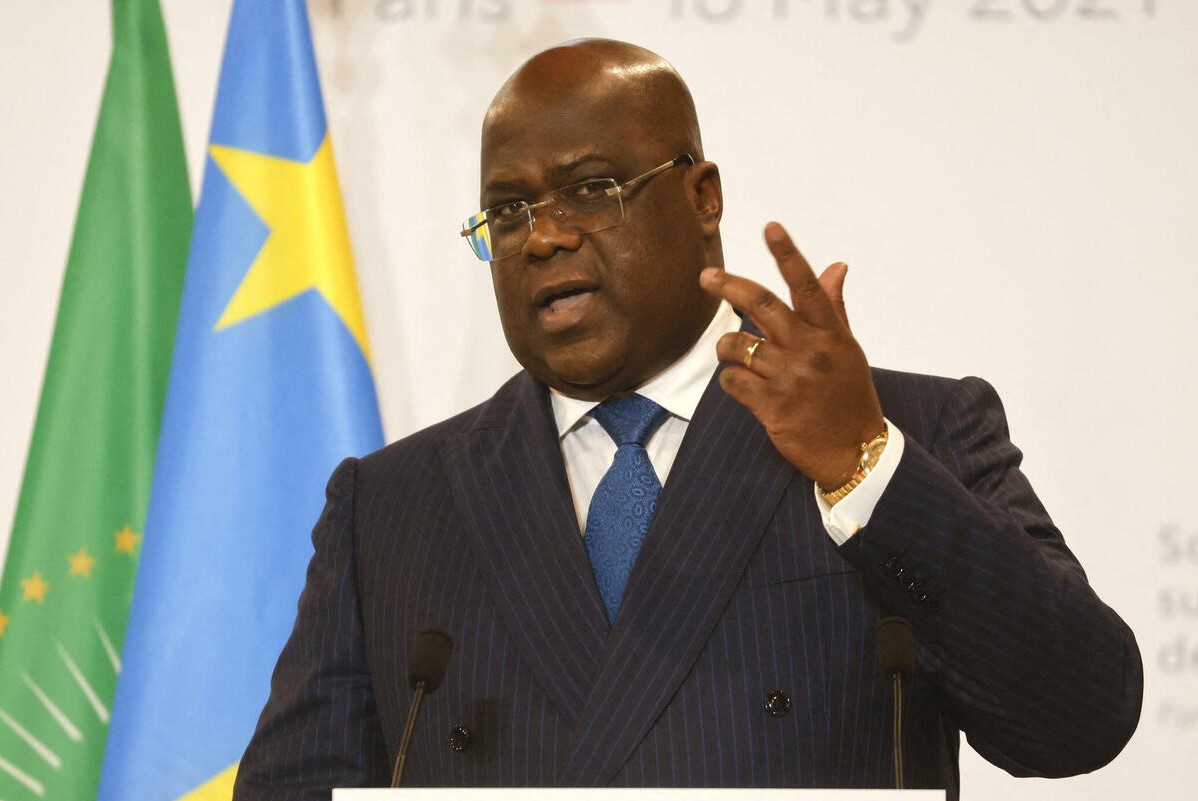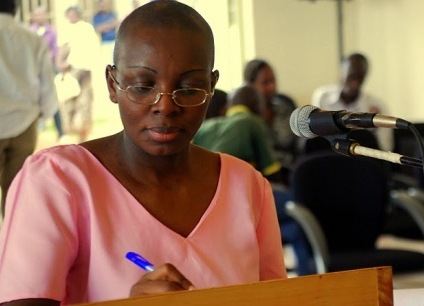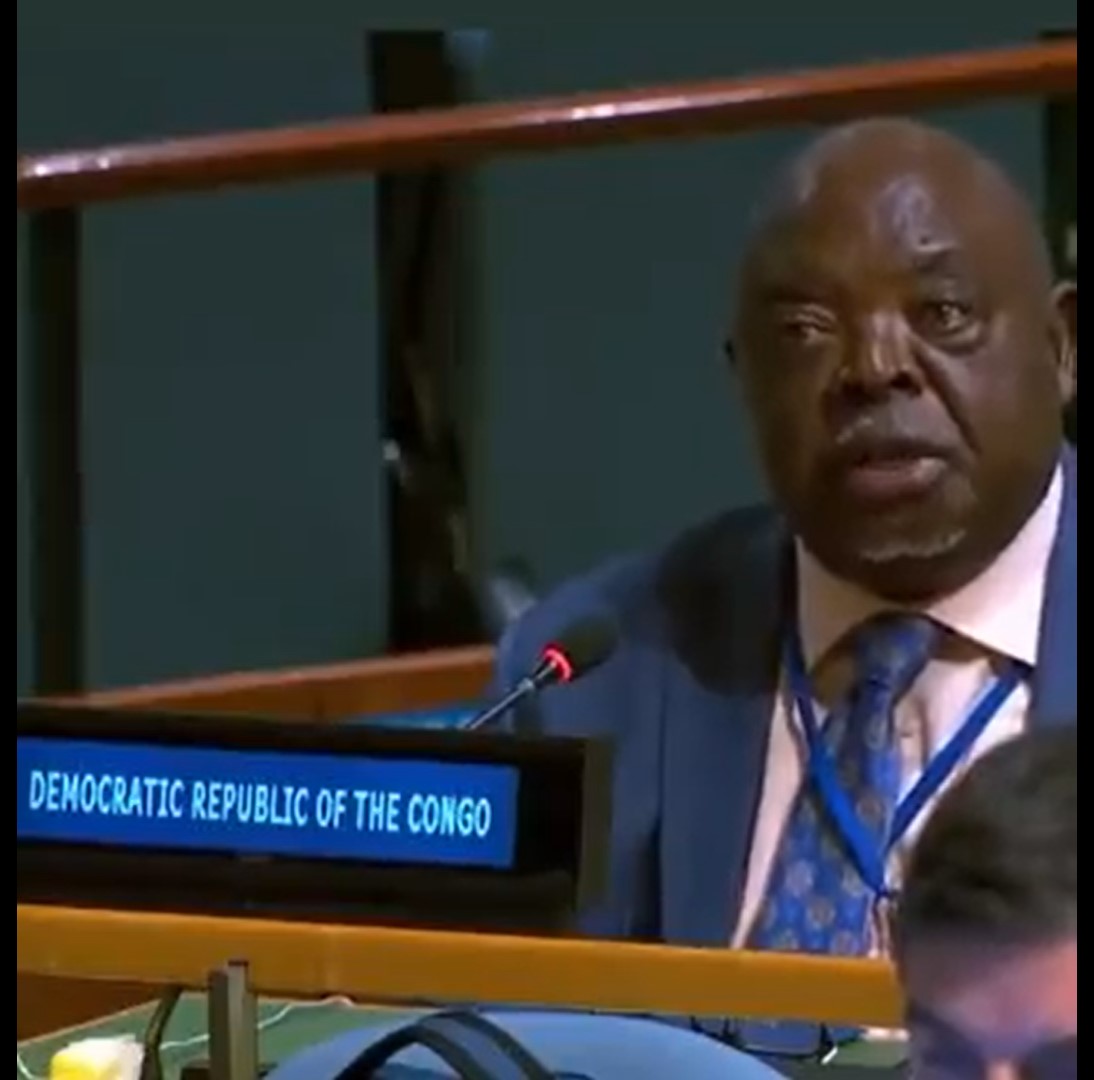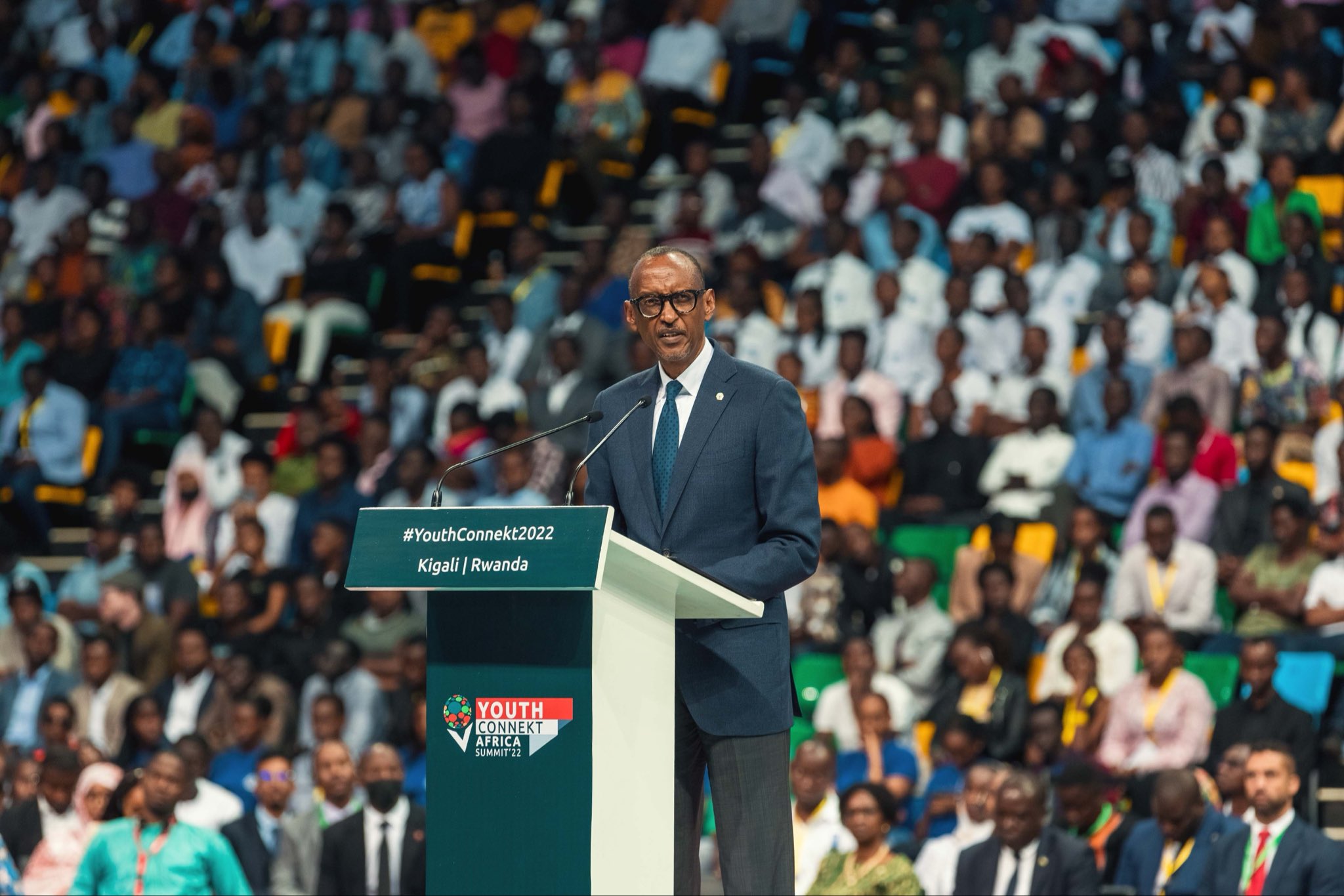Regional
DRC army supplying arms to FDLR: HRW Report
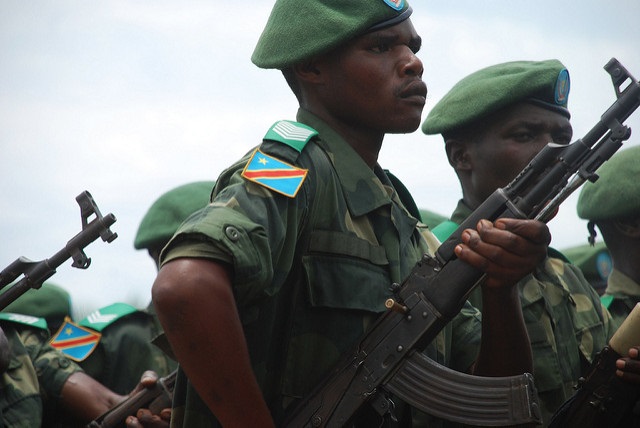
A
Human Rights Watch report published on October 18 pins the Democratic Republic
of Congo army (FADRC), on supplying arms and ammunitions to the FDLR terror group
whose remnants committed the genocide against the Tutsi in Rwanda in 1994.
The report
says that FARDC used FDLR and other militia groups in DRC to fight M23 rebels,
who seized the border town of Bunagana more than three months ago. The
Congolese army is further implicated in holding secret meetings with the militia
groups responsible for gross human rights violations in eastern DRC.
“Congolese army units backed armed
groups implicated in serious abuses in the recent conflict with M23 rebel
forces in eastern Democratic Republic of Congo,” Human Rights Watch said.
The report also states that between
May and August 2022, the Congolese army with a coalition of Congolese militia
as well as the FDLR fought against M23 rebels in North Kivu province, with Congolese
army officers providing the armed groups with direct support.
“Congolese army units are again
resorting to the discredited and damaging practice of using abusive armed groups
as their proxies,” said Thomas Fessy senior Congo researcher at Human Rights
Watch.
“The Congolese government should end
this support, which leads to military complicity in abuses, identify officers
responsible, and hold them accountable,” Fessy said.
President Felix Tshisekedi continues
to bury his head in the sand, refusing to acknowledge that M23 rebels are
Congolese citizens who are fighting for their rights. Instead, he opts for blame games as a political campaign tool to
gain political mileage and sympathy for the 2023 presidential elections,
claiming that it is neighbouring Rwanda that attacked DRC.
While addressing the 77th session of the United Nations
General Assembly in New York, on
September 20, Tshisekedi turned his
verbal artillery against Rwanda, alleging that the latter supported the M23
rebels.
Tshisekedi’s lies have been exposed,
despite persistent denial that his government is not providing the genocidal
forces with military support. The HRW report confirms one intriguing fact. While
eastern DRC is a haven of more than 130 armed groups including FDLR,
Tshisekedi’s regime keeps a revolving door with these groups for his benefit
while lying to the world that his government is committed to fight them.
“On May 8 and 9, leaders of several
Congolese armed groups, some of them rivals, met in the remote town of Pinga
and agreed to a non-aggression pact forming a “patriotic” coalition to join
forces with the Congolese army against ‘the aggressor,’ namely the M23,” notes
the HRW report.
Two FDLR senior commanders were also
reportedly present at the meeting, which was led by Col Salomon Tokolonga, who
oversees operations and military intelligence in FARDC's 3411th regiment.
Col Tokolonga’s regiment, “provided more than a dozen boxes of
ammunition to FDLR fighters in Kazaroho, one of their strongholds in the
Virunga National Park, on July 21, while
two months earlier, dozens of FDLR and CMC/FDP fighters reportedly took
part in a large counteroffensive with government soldiers in the area around
Rumangabo and Rugari.”
An FDLR fighter told HRW that he
witnessed four transfers of ammunition. “It’s the government [troops] that
would always provide us with ammunition,” he said. “They also gave us uniforms
and boots.”
The FDLR has, for years, launched
incursions into Rwandan territory with the aim of continuing the genocide
against the Tutsi. The HRW report disproves Tshisekedi’s claim that there is no
longer an FDLR force in DRC that constitutes a serious security threat to
Rwanda.
Aiding and abetting a genocidal force
is a crime against humanity. It is a crime for which DRC authorities should be
held responsible.
“FDLR fighters have killed hundreds
of civilians over the years in eastern Congo, at times hacked them to death
with machetes or hoes, or burned them in their homes. The fighters have
committed countless rapes and other acts of sexual violence,” HRW reported.
The DRC joined the EAC, a regional
economic bloc, in early 2022. As if to share its burdens, East African leaders later
agreed to assemble troops to combat armed groups in eastern DRC.
Uganda entered first – under an
earlier bilateral arrangement – in pursuit of the ADF rebels. And, later, Burundian
troops also entered reportedly under the auspices of the EAC. But a lot remains
unclear and there is no firm timetable for the regional force’s full
deployment.
Although it has long been known that
the DRC government arms rebel groups in eastern DRC, the HRW report unveils the
dilemma that the EAC force is likely to face – if it eventually deploys – in its
effort to fight the armed groups now incorporated within FARDC.
The EAC force may find itself in a
precarious situation, holding meetings with militia groups’ commanders on
strategies to fight the latter groups.
“What Tshisekedi is doing by giving
sanctuary to, and legitimizing, terror groups, calling them rebels during the
day while at night they turn into allies, is dangerous for his country and the entire
region,” an African diplomat who preferred anonymity said.
“What he is doing is criminal as it
contravenes international law.”


